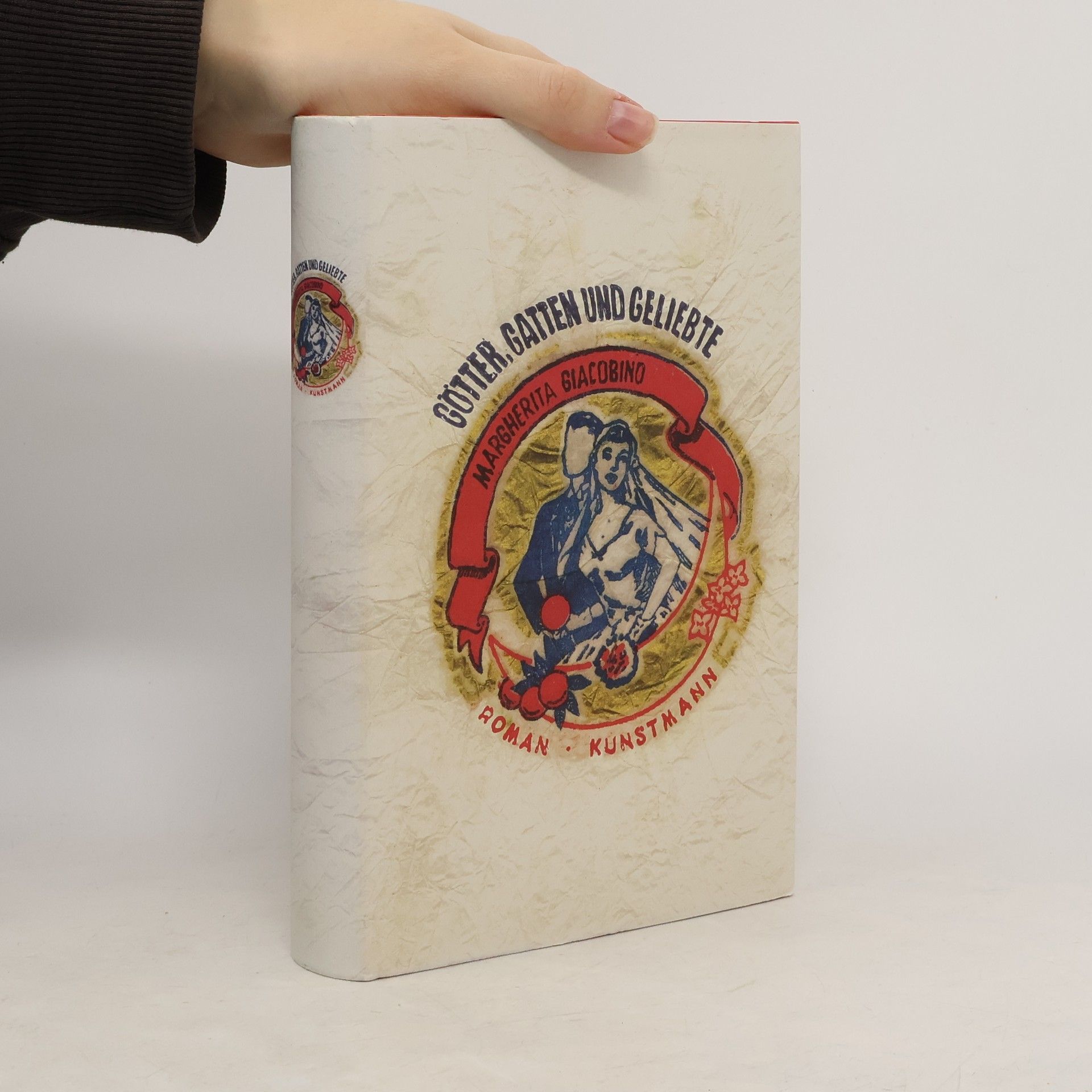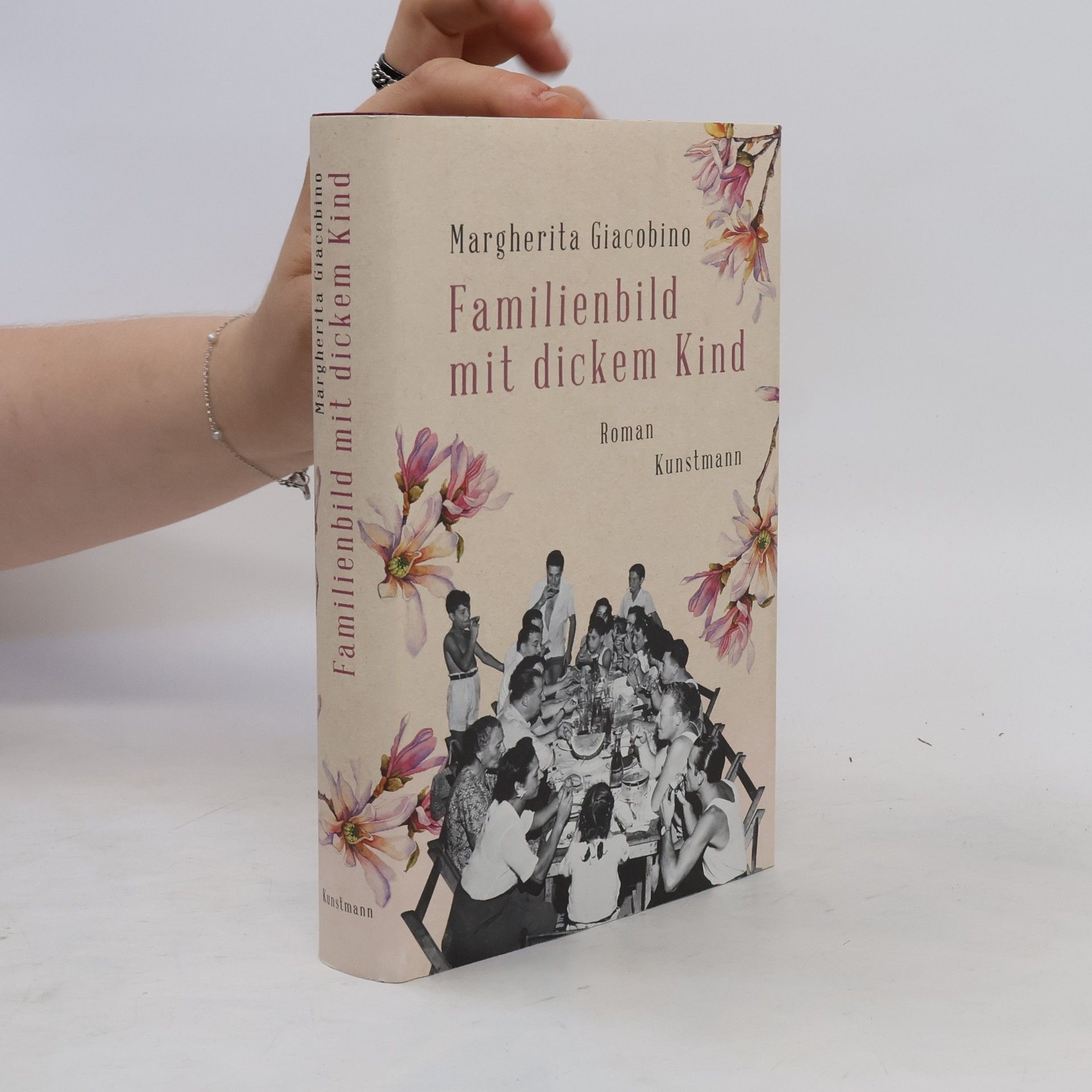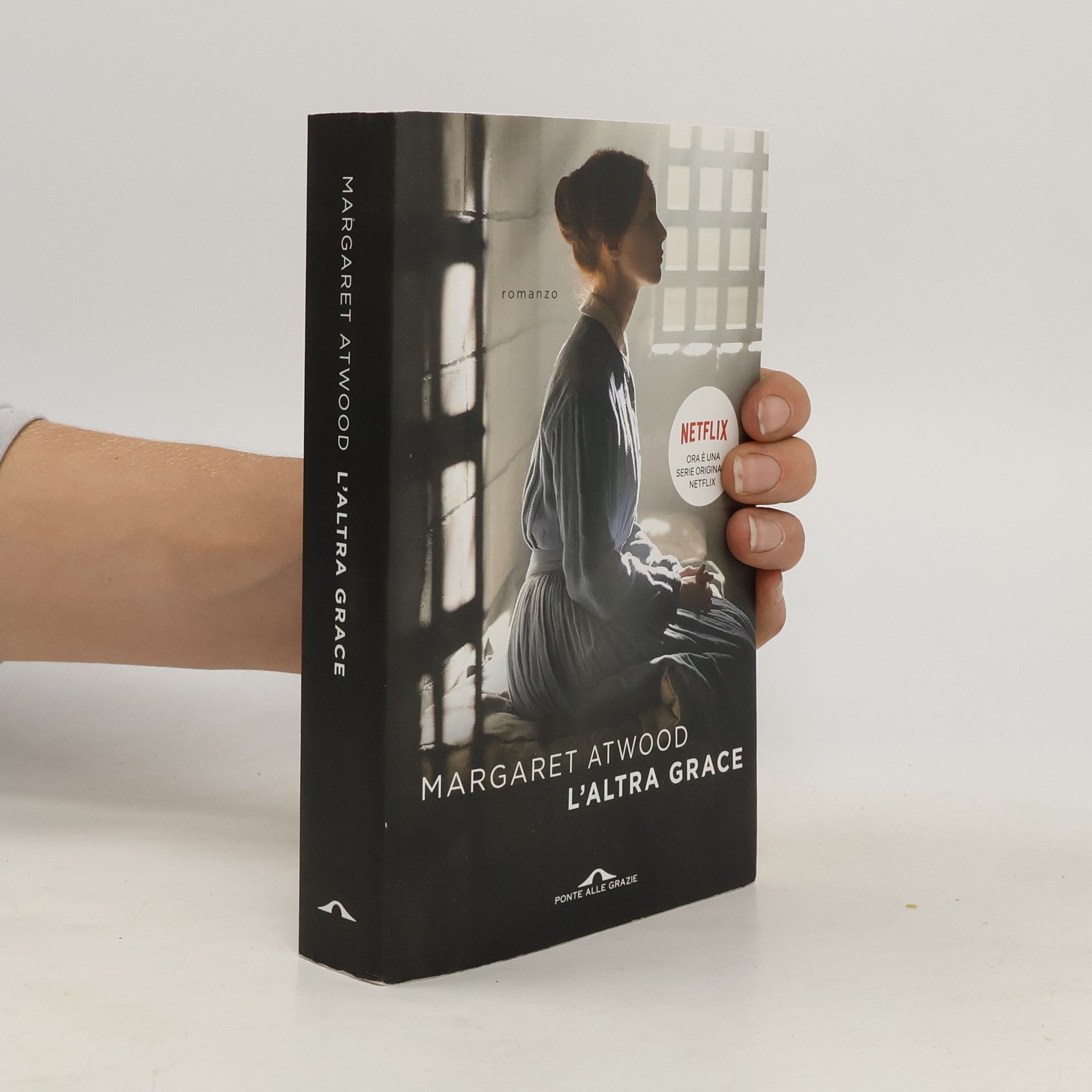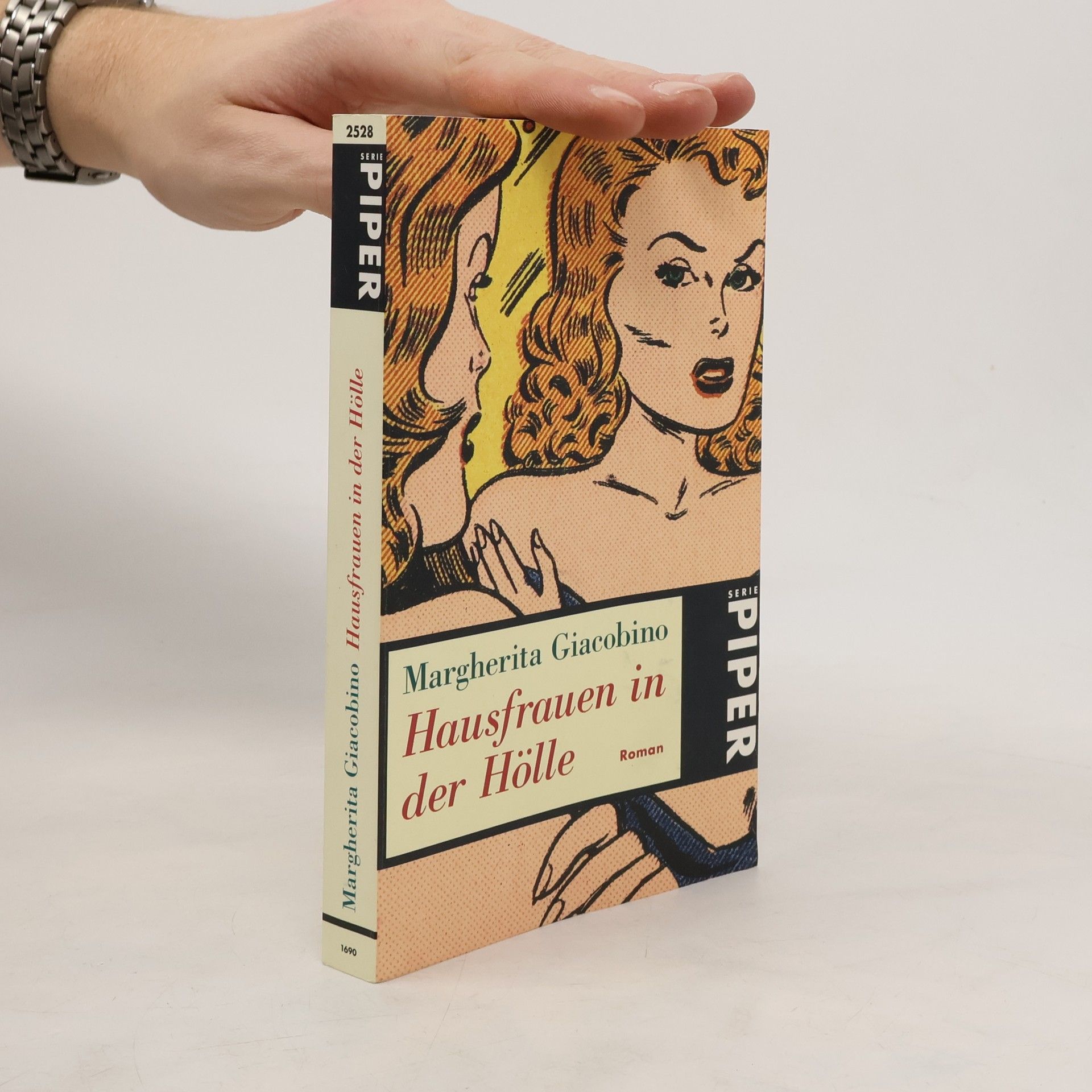L'altra Grace
- 563pagine
- 20 ore di lettura
Nel 1843 il Canada è sconvolto da un atroce fatto di cronaca nera: l'omicidio del ricco possidente Thomas Kinnear e della sua amante, la governante Nancy Montgomery. Imputata insieme a un altro servo, la sedicenne Grace Marks viene spedita in carcere e, sospettata di insanità mentale, in manicomio. A lungo oggetto dei giudizi contrastanti dell'opinione pubblica - propensa a vedere in lei ora una santa, ora una carnefice -la protagonista di questo romanzo può finalmente raccontare la propria vita al giovane dottore Simon Jordan. Convinto di mettere le proprie conoscenze al servizio della verità sul caso, e al tempo stesso contribuire al progresso della scienza psicologica, Jordan non potrà fare a meno di restare ammaliato da questa personalità complessa e inafferrabile. Il dialogo che si instaura tra i due si trasforma nel ritratto psicologico di una persona due volte vittima del sistema sociale - in quanto povera e in quanto donna - e assurge a denuncia delle enormi contraddizioni di una società maschilista e tormentata da conflitti interni perché incapace di accettare l'"altro".





